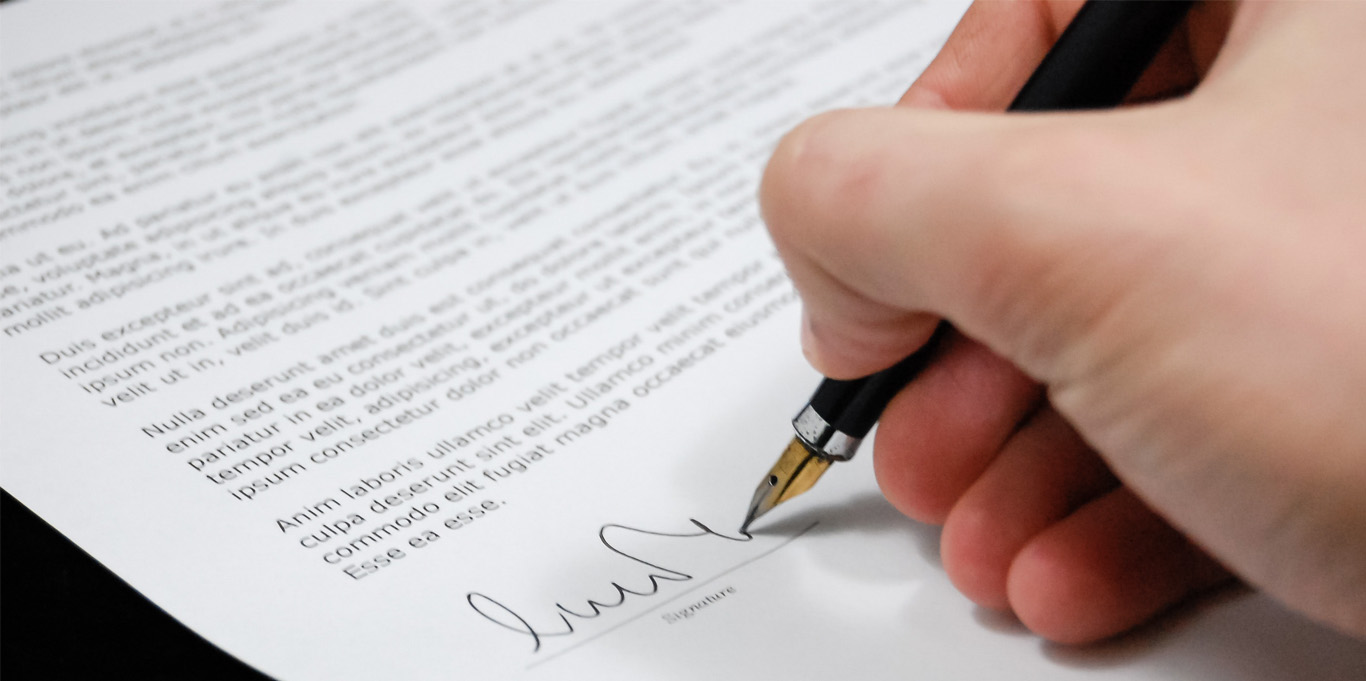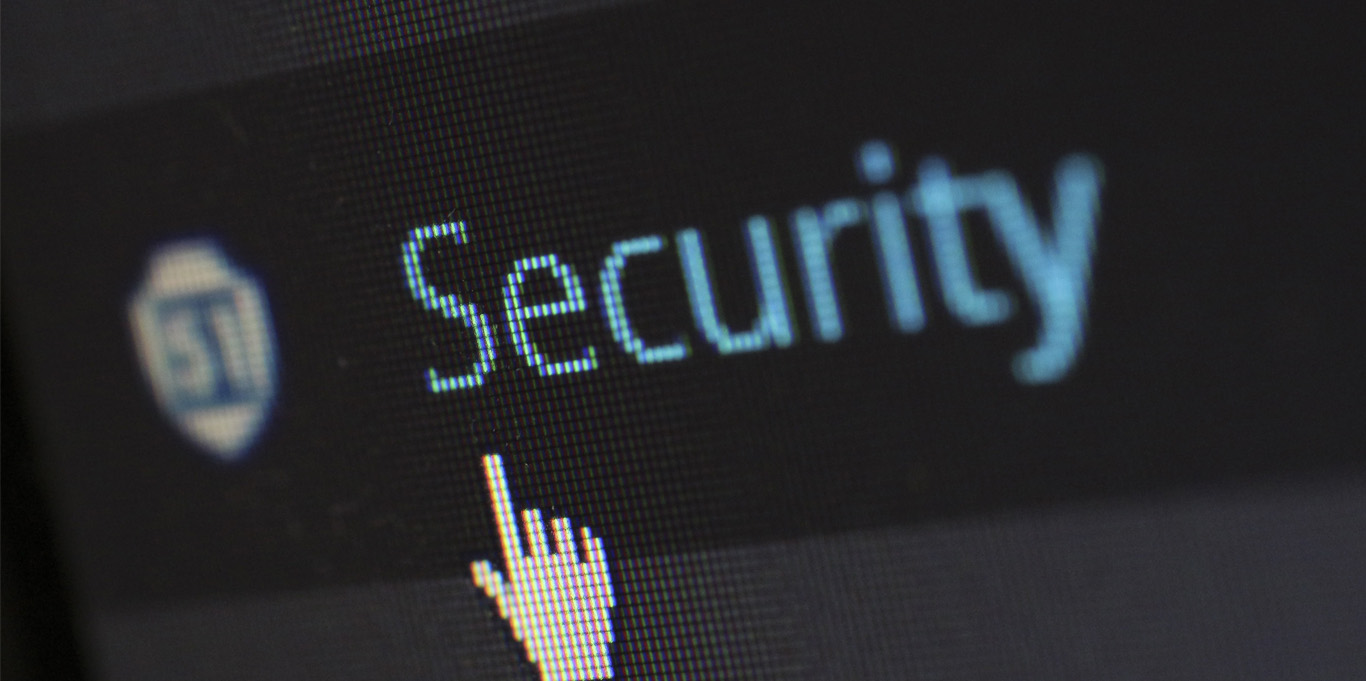
Intellectual Property in Commercial Settings
Protecting your unregistered IP
It’s not uncommon to develop IP and want to discuss its value with potential collaborators or investors before deciding to register it. However, discussing your unregistered IP with a third party could result in losing novelty in your IP.
Remember
To register a patent over an invention, the invention must be novel. Any information in the public sphere about how the invention works will destroy that novelty and may render the patent unregistrable.
To avoid losing novelty, entering into a confidentiality agreement or non-disclosure agreement (often called an NDA) with potential collaborators can be a great solution for protecting unregistered IP.
An NDA is a legally binding contract that requires the receiving party to keep the information provided by the discloser a secret. It prevents the receiving party from engaging in any unauthorised use or disclosure of your IP-related information.
Contract terms
The IP owner is usually the ‘discloser’ (the party disclosing the information) and a potential collaborator or investor is usually the ‘disclosee’ (the party receiving the information). Other common contract terms are set out later in this topic.
There are no set rules for drafting a confidentiality agreement. The terms of the confidentiality agreement are usually drafted to suit each party’s interests. Parties can also decide to enter into a two-way confidentiality agreement where both parties are required to share confidential information with each other.
Usually, NDAs are only valid until your IP is registered and/or made publicly available (because at that point the information is no longer secret).
Extra resources
Refer to the Arts Law Centre of Australia who provide a sample short form Confidentiality Deed.




